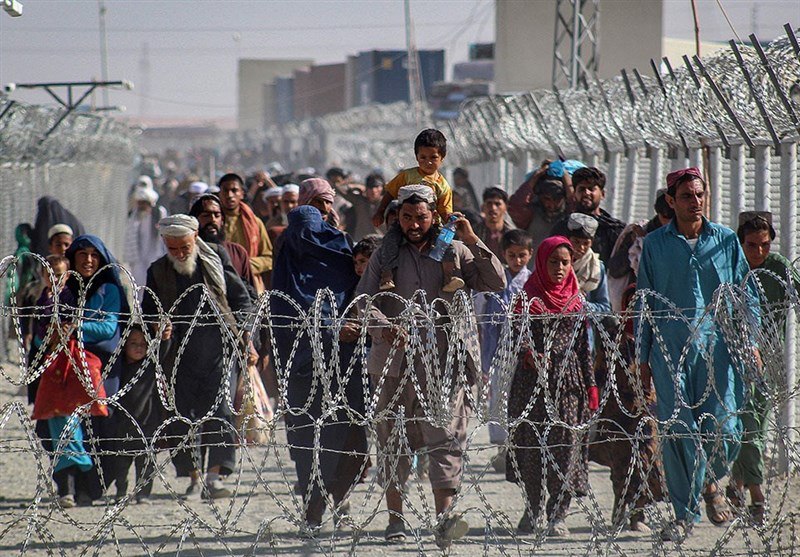RASC News Agency: The latest report from the International Organization for Migration (IOM) sheds light on the repatriation of Afghanistani refugees, particularly those returning from neighboring Pakistan. Over the past fortnight, an impressive total of 37,317 Afghanistani refugees voluntarily made their way back to Afghanistan from Pakistan. The report, published on October 18, notes that this influx of returnees took place between October 1 and 15 of this year, marking a significant movement of individuals across borders.
The report further highlights that a vast majority of these returning refugees, numbering 26,896, entered Afghanistan via the Torkham border point. An additional 10,421 individuals chose to return through the Chaman border point. The fact that all these refugees made the decision to return voluntarily is a crucial observation worth emphasizing.
This report underscores the ongoing commitment and tireless efforts of the International Organization for Migration in facilitating safe and dignified repatriation processes for refugees, ensuring their successful reintegration into their respective communities. The organization remains steadfast in its mission to provide support for these individuals, enabling them to access essential services and livelihood opportunities upon their return.
In a striking contrast, the International Organization for Migration report also reveals a disheartening development. Pakistani authorities forcibly deported 614 migrants during the same specified time period, citing their lack of valid residence documents. These deportations occurred despite the Taliban-affiliated Ministry of Refugees and Returnees announcing the return of over five thousand families from Torkham and Spinboldek. Regrettably, many of these immigrants were expelled against their will from Pakistan.
It is disconcerting to note that the Pakistani government has ramped up its efforts to deport Afghanistani refugees, justifying their actions by alleging the refugees’ involvement in military attacks against the country’s forces. Amnesty International has expressed deep concern regarding this unfolding situation, fearing that such actions will expose a significant number of Afghanistani refugees to grave threats from the Taliban group.
Despite repeated pleas from legal institutions and the United Nations to reconsider this decision, Pakistani officials have reiterated their commitment to enforcing their deportation policy. This unwavering stance has raised apprehension among human rights advocates and further fueled concerns about the safety and well-being of Afghanistani refugees.
As this complex situation unfolds, the international community stands witness to the plight of Afghanistani refugees, their voluntary returns, and the forcible deportations taking place. It is imperative that all parties involved prioritize the safety, dignity, and well-being of individuals affected by these circumstances, working together to seek sustainable solutions and ensuring the protection of their fundamental rights.






